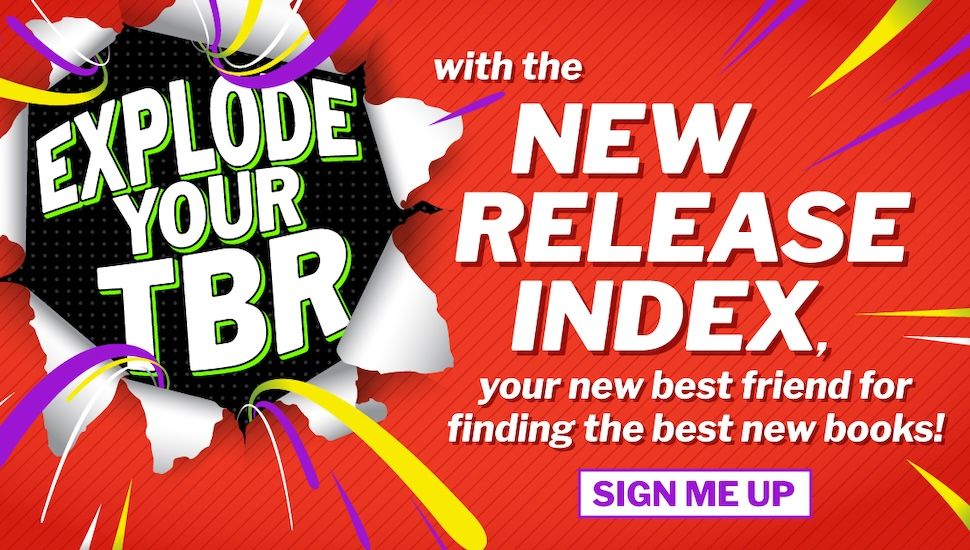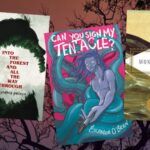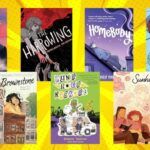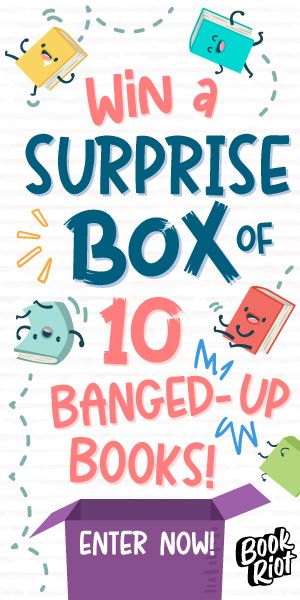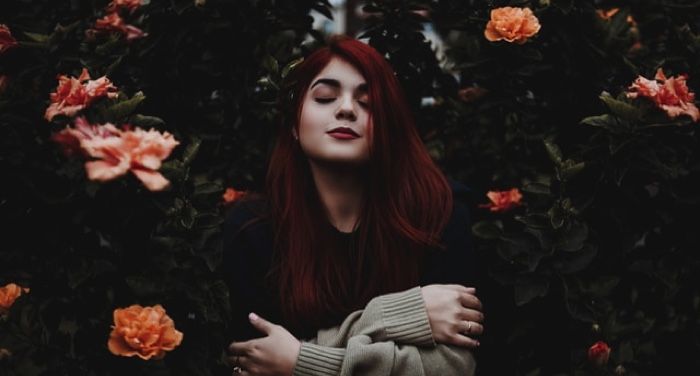
How Reading Changed the Way I See Morality
Reading changed the way I see morality. It’s a fact I’ve come to accept and even cherish; and it’s one of the reasons why I love books so much. Books are the perfect vessels for us to explore our own morality. How far would we be willing to go for what we wanted? Would we do heinous things for those we love? Thankfully, we don’t actually have to live it to find out. Books can help us with that. They can take us, and their characters, to extreme breaking points and see how they behave — be it ethically or not. Reading helped me see that, and that things aren’t as monochromatic as they seem. But to know how this happened I think we need to go back to my beginning as a bookworm.
I don’t remember everything about my childhood, but I remember that I absolutely loved stories. Even before I could read, I lived for bedtime stories. Seriously, I would be at my best behavior at all times so that my mom would read to me before I went to sleep. But I digress. What I do remember clearly are the books my mom read to me before bedtime. I had three that were my favorites: a Disney princesses book, one that had fables and stories like The Velveteen Rabbit, and one that told religious stories for kids.
Then, I would never have noticed that they all shared some things in common. They told stories of good guys versus bad guys, in which the boundaries were clearly defined and the good guys always won. Or, like The Velveteen Rabbit, they rewarded certain good behaviors. Love and kindness paved the way to happily ever afters.
Which was great for me then. I think children’s books in general try to be upbeat and have characters who are always good, and who persevere against the bad guys. Those stories teach us about love, kindness, and friendship among other things. All of them are values — or morals — that we should strive to maintain throughout our lives. So it makes sense for kids’ books to be more morally uncomplicated. The good guys win, the bad guys lose. When you’re a child, it’s usually that simple.
Picture the next few years of my life like a movie montage. I read books, I stopped reading; I read books again. Then, I devoured The Lord of the Rings, The Hunger Games, and Percy Jackson and the Olympians to name a few. Most of them were stories with clear good guys and bad guys. And I didn’t really question that. It’s what I knew, what I was used to. But things changed when I read This Savage Song.
It’s weird, isn’t it. How some books can be life-changing for some people, and just okay for others. I can’t really say why This Savage Song struck such a deep chord within me. It just did. But this book is so special because it introduced me to morally grey characters. The book helped me see that some characters are not wholly good or wholly bad. And that those characters are the most human of all. Because people make mistakes all the time, but that doesn’t mean they’re bad.
It might’ve begun with that book, but I didn’t stop there. I started leaving my comfort zone more and more. I started reading books that showed me that instead of being rigid and immovable, morality is more nuanced. Characters like Rhys from A Court of Thorns and Roses made me question if the right motivations can justify any wrongdoing. Another example is Vicious, which made me think about which actions are worse.
I’m currently reading The House in the Cerulean Sea, and I swear the universe just knows sometimes. Because it dropped this gem that perfectly sums up my thoughts: “Because people aren’t black and white. No matter how hard you try, you can’t stay on one path without diversions. And that doesn’t mean you’re a bad person.” That is the lesson I learned from This Savage Song. That people don’t have to be either good, or bad. They are human, which sometimes means being a bit of both. It seems so obvious, really, to say that people and their actions are subjective. But we’re constantly told that things are either good or bad, and that doesn’t really leave room for mistakes. For growth.
That is how reading changed the way I see morality. It showed me that, instead of a dichotomy, morality is more like a Venn diagram — there is good, there is bad, and there’s a neutral space in between. And if it wasn’t for books, I’m not sure I would think this way today.
